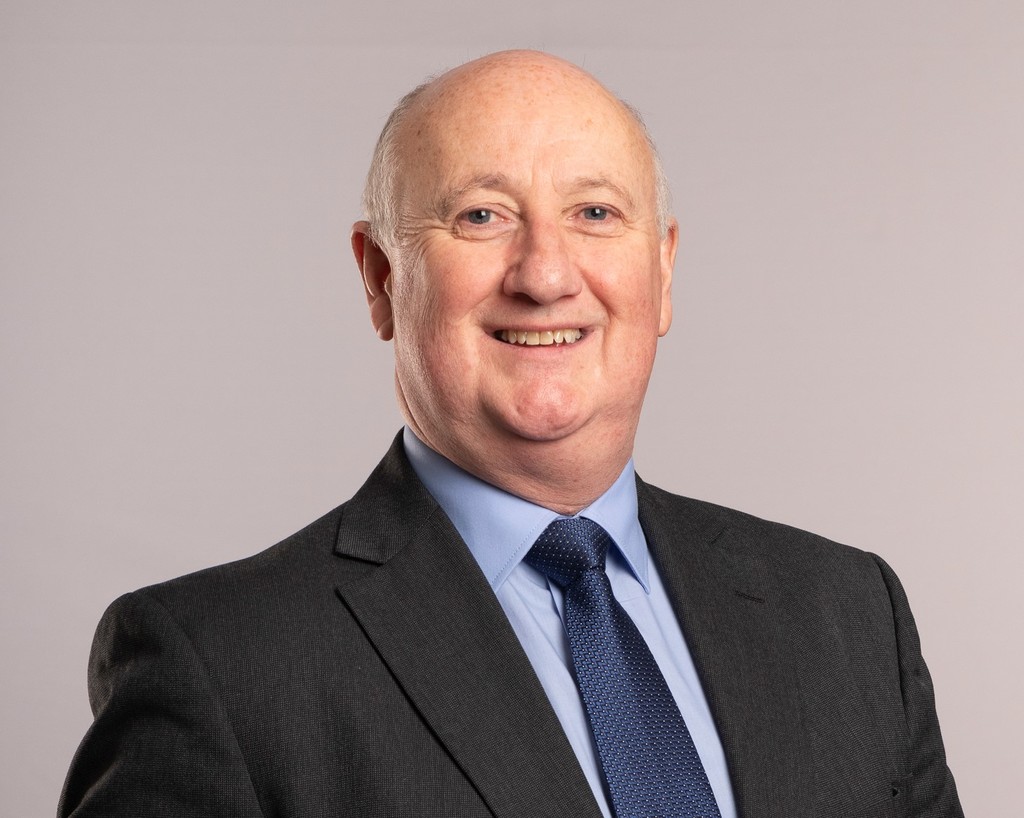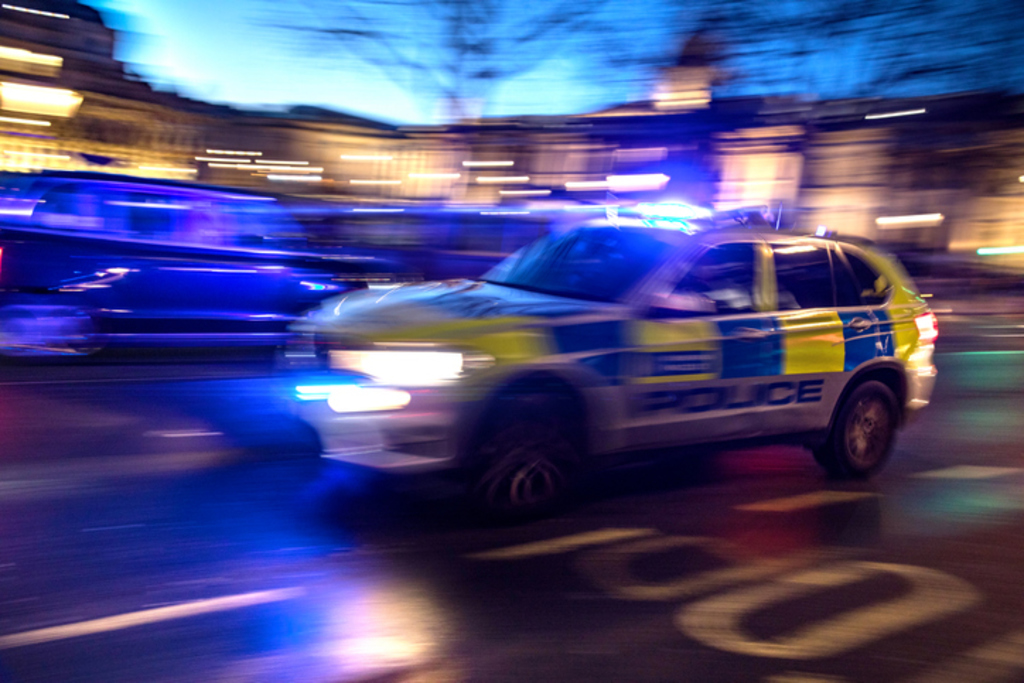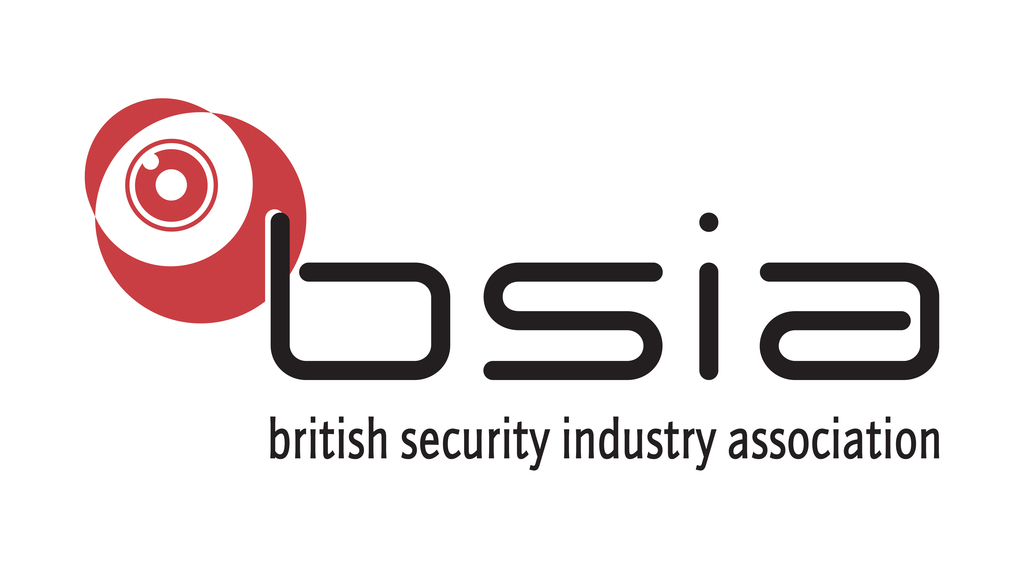
Brian Sims
Editor

Brian Sims
Editor
Security personnel often aid Government and police authorities by being first on the scene when incidents occur. Their work is often embedded in our daily lives, but with little thought afforded to who they are and what they do. Mike Reddington outlines the route towards changing that status quo
There’s no doubt that the security industry has witnessed some major developments in 2020. The COVID-19 pandemic has seen security officers and services recognised as key and critical workers, while they’ve also been mentioned in one of Prime Minister Boris Johnson’s addresses to the nation.
In a bid to build on this appropriate and deserved recognition, a major industry campaign entitled ‘The Hidden Workforce’ was launched. This campaign, run by the British Security Industry Association (BSIA) in partnership with The Security Institute and The Security Commonwealth, has the goal of raising the perceptions of security officers across the political and public sphere.
Support for the campaign is growing exponentially as other industries who employ the valuable services of security personnel recognise how they assist in maintaining a safe and secure environment.
Managing a campaign like this is no easy task and brings its own set of challenges. The current public perception of security officers needs to be urgently addressed. According to a recent YouGov survey, security officers were viewed both prior to and during the COVID-19 pandemic as only slightly ahead of traffic wardens in terms of undertaking a critical role.
The key objectives of this survey were to establish current public perceptions and also unearth any additional issues security officers may face including potential lack of respect, recognition and underestimation of their role. Less than a third (31%) of the survey participants deemed security officers fundamental to keeping the UK safe and secure, with 41% indicating respect for – and feelings of safety due to – the work carried out by security officers.
When asked about these roles during COVID-19, participants stated that, sadly, security officers are not deemed to provide an essential service.
Changing perceptions
Looking at some of the recognition which takes place in our industry for security officers, it’s easy to see why ‘The Hidden Workforce’ campaign is keen to change current perceptions and for the public to know more about the work transacted by security personnel.
Awards ceremonies highlight a handful of individuals who demonstrate what it’s like on the front line for security officers. Each year, the British Security Awards receives a magnitude of entries in the security officer categories leading to recognition for these officers who boldly go above and beyond the Call of Duty in their day-to-day activities.
For example, this year’s winner of the Outstanding Act Award – namely Adam Rich from Mitie – was nominated for dealing with a violent shoplifter who threatened and then stabbed him with a shard of glass as he stood in the thief’s way in order to protect shoppers and other colleagues. Adam safely restrained the perpetrator and awaited the arrival of the police.
2020’s Security Manager of the Year Award was won by Babatunde Lawal of G4S who uses his strong communication skills and security expertise to confidently lead his team and provide a reassuring security presence to the 2,500 daily users of Caxton House (home of the Department for Work and Pensions). Babatunde has expertly led his team through Brexit and Extinction Rebellion protests, the London Bridge terror attack and a stabbing incident at the Home Office.
The British Security Awards’ Outstanding Act winner in 2019 – David Rutwaza, a retail security officer with G4S – went on to win the Outstanding Security Officer category at this year’s Outstanding Security Performance Awards. The citation read: “David is the ultimate security officer. His fearless and relentless desire to protect everyone has seen him save a disabled man’s life during a large fight, talk down a young girl attempting to commit suicide and intervening in an attack on a PCSO where the culprit attempted to strike the officer with a hammer.”
Antiquated terminology
As well as changing perceptions, we also need to change the antiquated terminology used in this industry sector. As of 16 October, the BSIA has discontinued the use of the terms ‘security guarding’, ‘manpower’, ‘manned guarding’, ‘security guard(s)’ and ‘Security Guarding Section’ across all of its communication platforms. The security industry has evolved dramatically over the last decade. It’s now more professional, diverse and inclusive. We feel these terms are now unrepresentative of the services and skills on offer.
In place of these terms we will be using ‘Security Officer’ and ‘Security Officer Services (SOS)’ across all communications (including on our website, social media, in literature, on agendas, application forms and certificates and within e-mails). The abbreviation for ‘Security Officer Services’ – ie SOS – will also be introduced and can be used when required.
The language we use shapes the world in which we live. It’s therefore critically important for us all to be using the correct descriptive language within our industry. This will ensure we’re highlighting the knowledge, skills, ability and importance of those operating in the Security Officer Services Sector.
Now is the right time to embed the term ‘Security Officer’ into the language of our industry. In doing so, this will positively raise the profile and perception of our industry in the long-term.
Mike Reddington is CEO of the British Security Industry Association (www.bsia.co.uk)



British Security Industry Association
Kirkham House
John Comyn Drive
Worcester
WR3 7NS
UNITED KINGDOM
0845 3893889